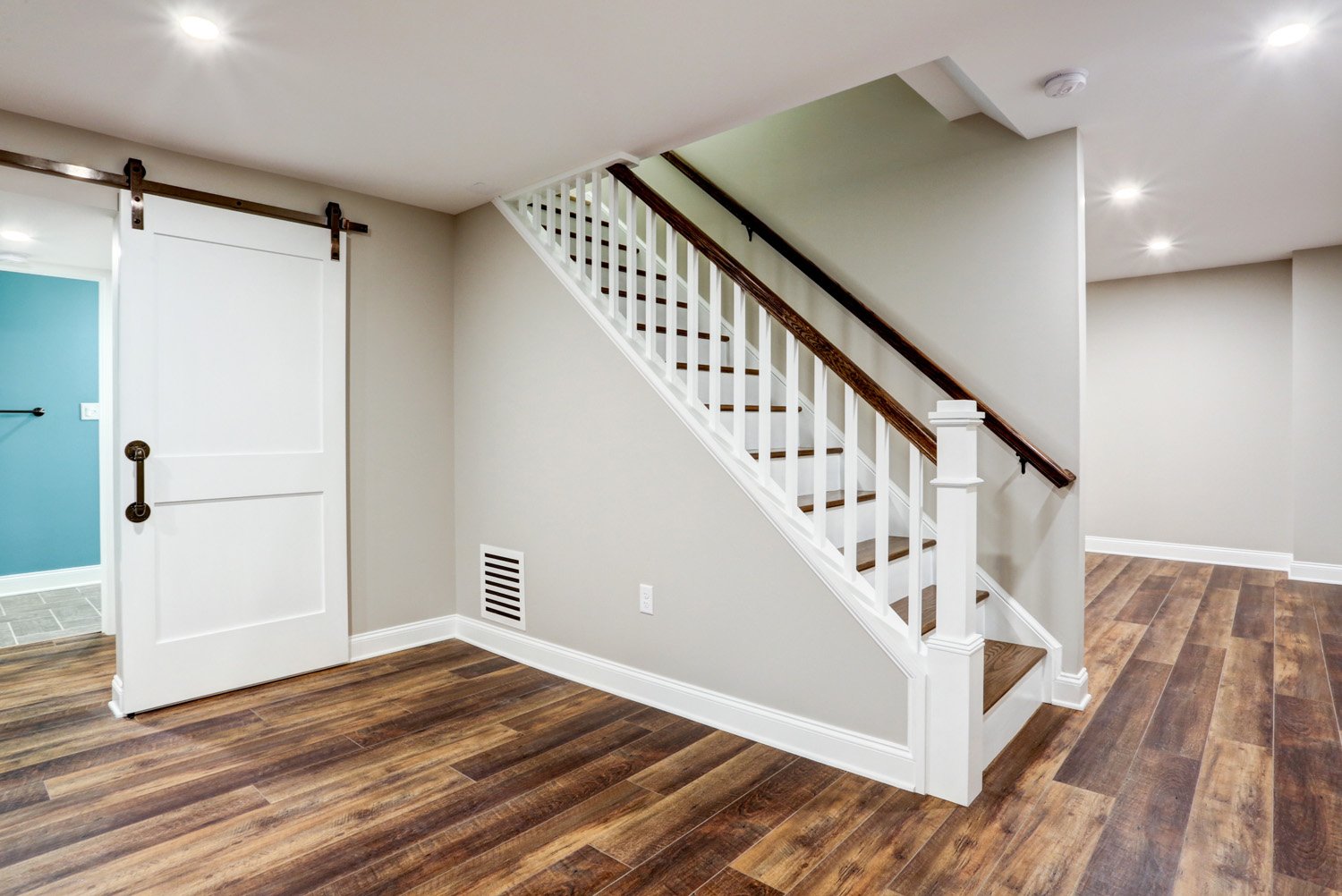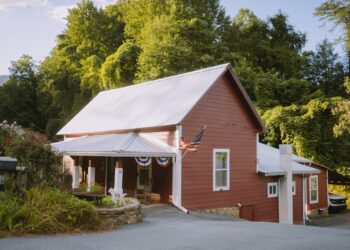The basement of your home is the area most likely to be neglected. However, it is one of the most important rooms in your house because it is so near to the foundations and needs a lot of maintenance. Here’s everything you need to know about maintaining your basement.
Inspect Your Sewage System Regularly
Your basement is where your septic tank or sump pump are likely to be located, and if the system clogs and overflows, you will have a lot of costly repairs coming your way. So make sure you install the best sewage pump you can find, and follow the manufacturer’s recommendations on keeping your sewage system in its best shape.
Clean Gutters Protect Your Basement
Ideally you should clean your gutters twice during the autumn, and check them once every season to make sure they don’t get clogged. If your gutters are neglected, they are likely to get clogged and water will collect in your basement.
This will cause a slew of water damage problems, including but not limited to rotting and cracks.
Use Water-Resistant Paint
No matter how well you maintain our basement, it is still going to be a humid area because basements don’t get very much airflow. That is why it is always advisable to have water resistant paint on your basement walls, which will keep them dry and prevent damage from humidity.
On a related note – you shouldn’t air dry your clothes in the basement because it will increase the humidity as water evaporates from your clothes.
Using a dehumidifier in your basement also helps.
Proper Landscaping Is Important
If your garden is very close to your windows (and your basement), then you run the risk of water accumulating around the basement which can cause problems in our foundation such as rotting and cracking. Make sure you hire a professional to do your landscaping in order to avoid running into problems in the future. Always make sure that the ground around your home slopes away – that will direct water away from your basement instead of towards it.
Insulation Is Crucial
You should make sure that all your pipes are properly insulated. This is particularly important if you live in colder climates because the pipes are likely to freeze when temperatures hit below freezing. Additionally, if the water is cold in your pipes, the pipes will develop condensation on the outside once they reach the relatively warmer basement. Again, this causes more risk of water damage and increases the humidity in your basement. An added benefit of keeping your pipes insulated is that it can significantly reduce your energy bills because your heater will need less energy to heat up the water to your desired temperature.
Summary
Caring for your basement involved a lot of maintenance and regularly checking different parts of your house. The main goal is to keep water and humidity away from your basement because they are your basement’s biggest enemy. With a few steps, you can protect your home and save yourself the trouble and expense of repairing damages from a neglected basement.







